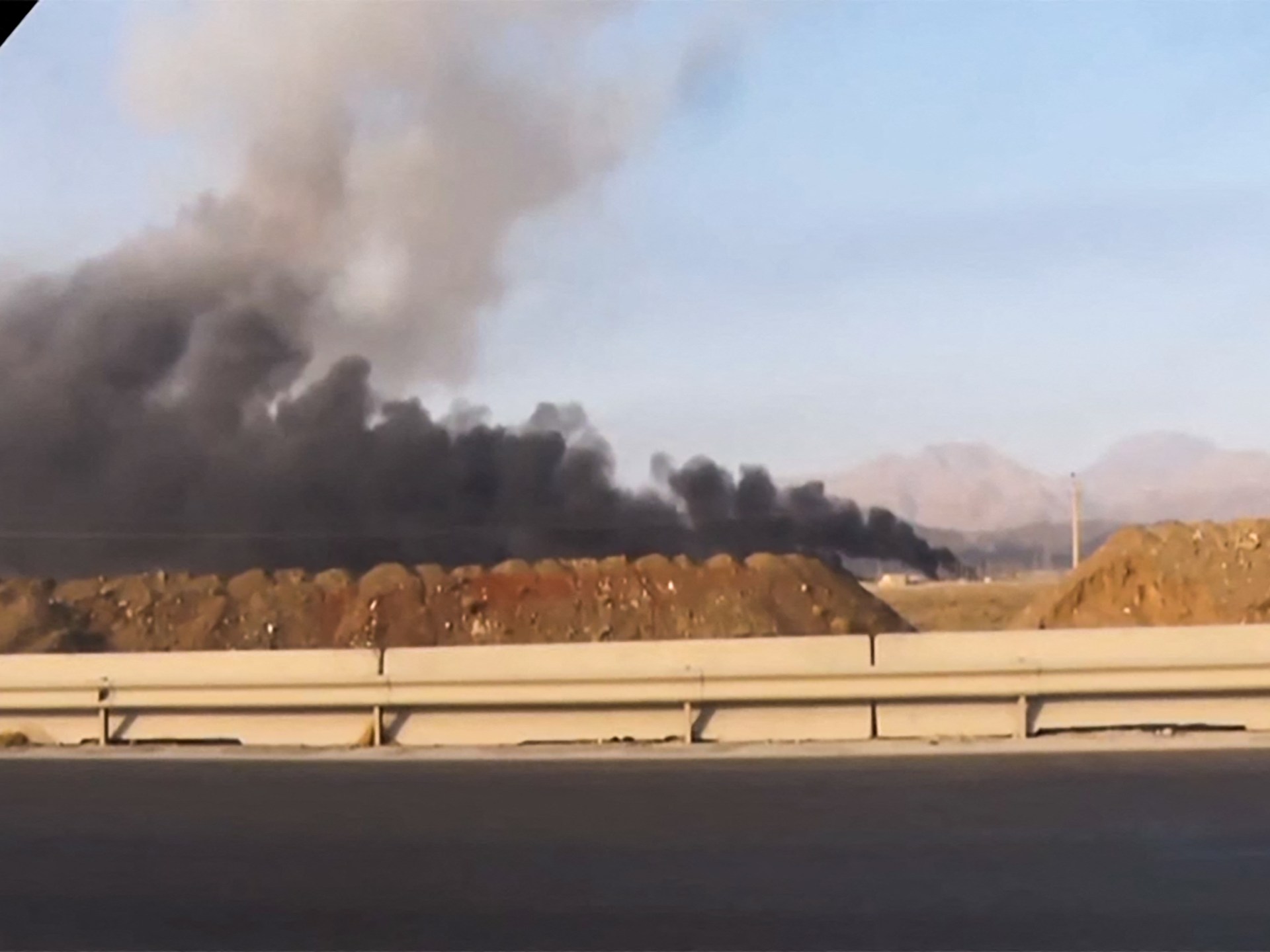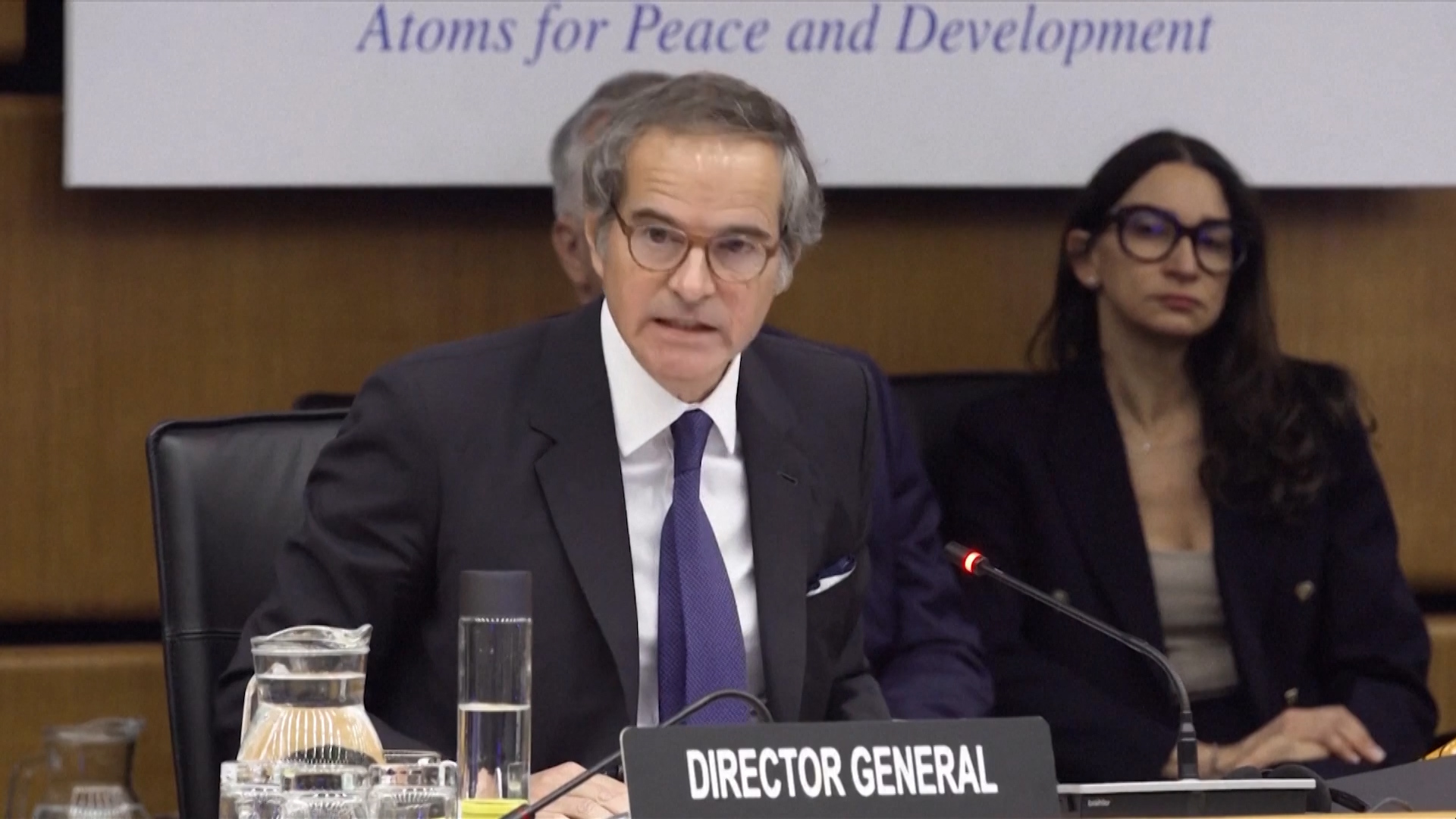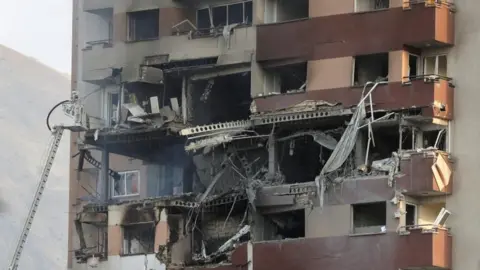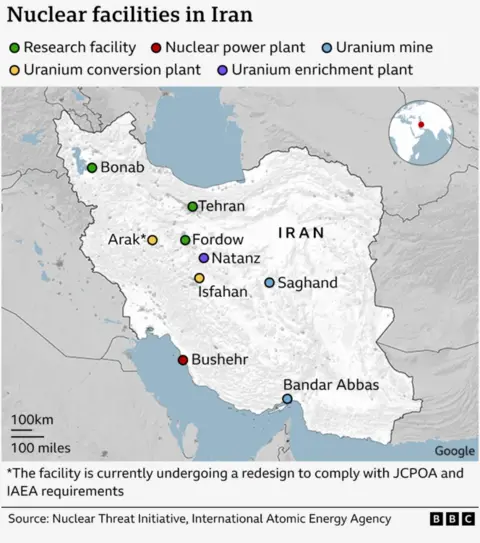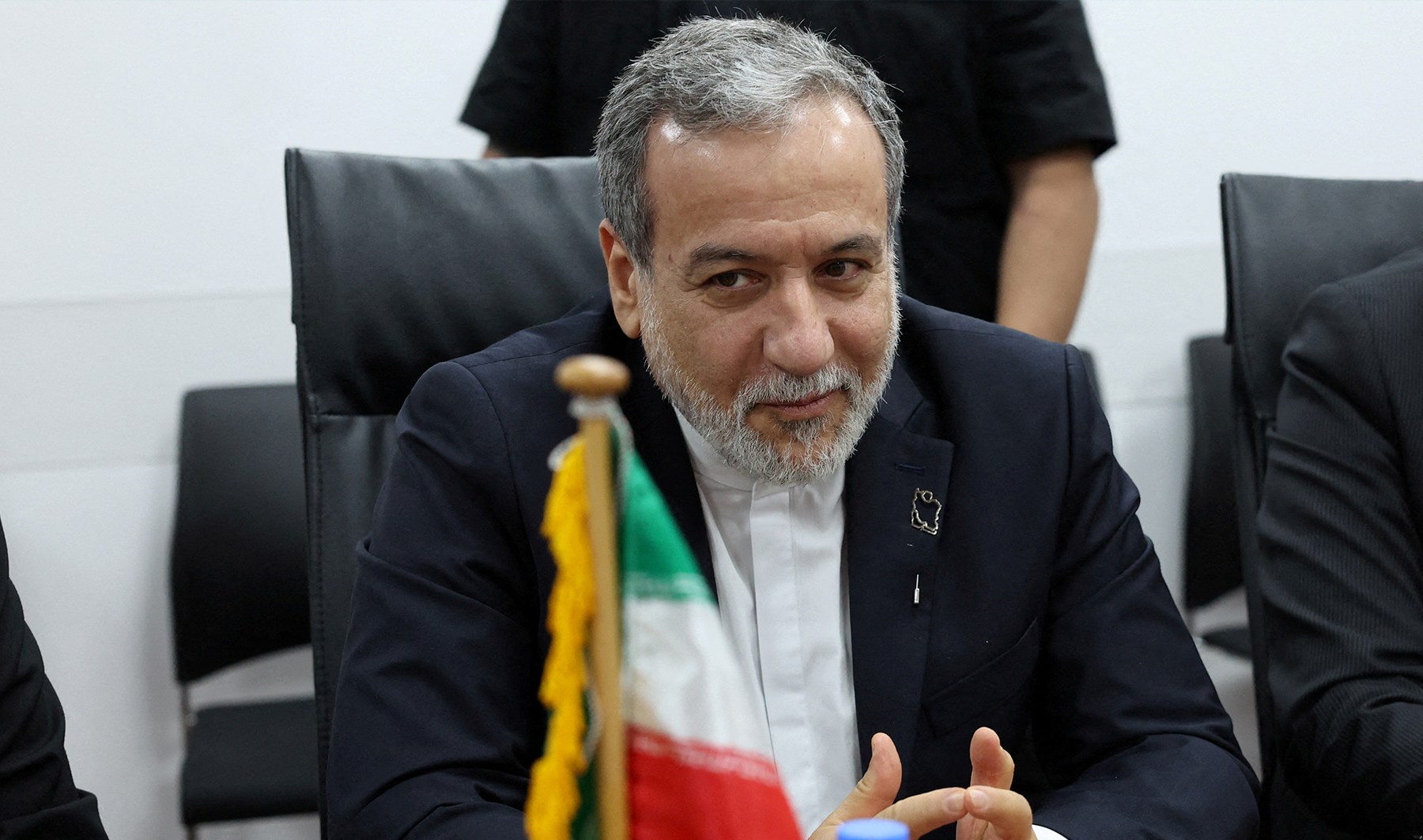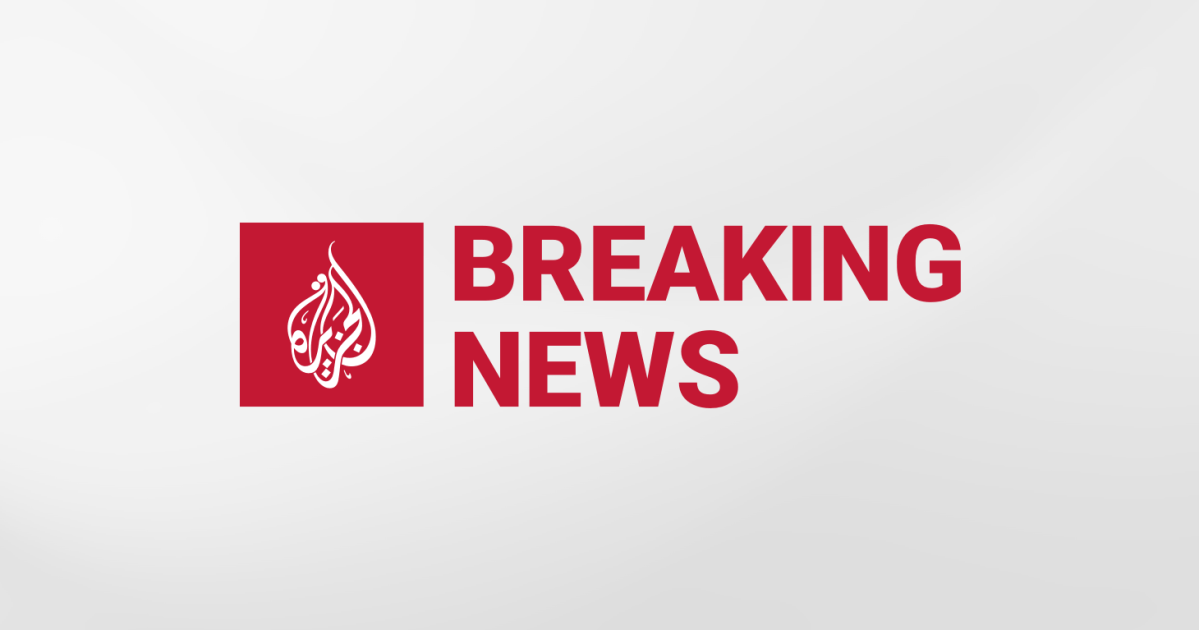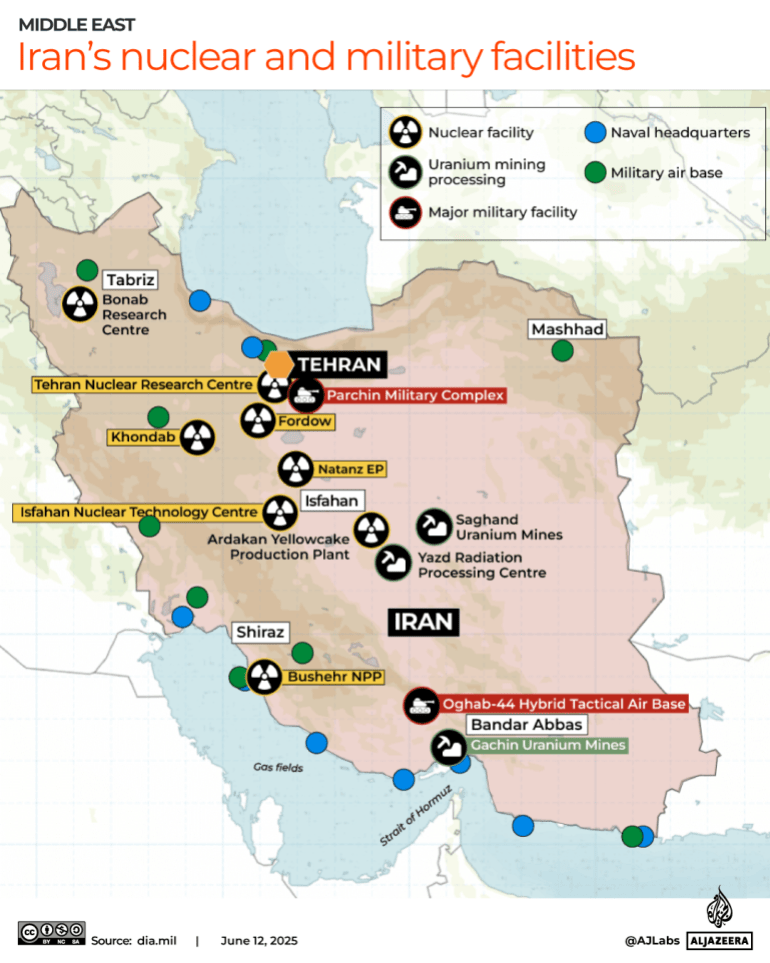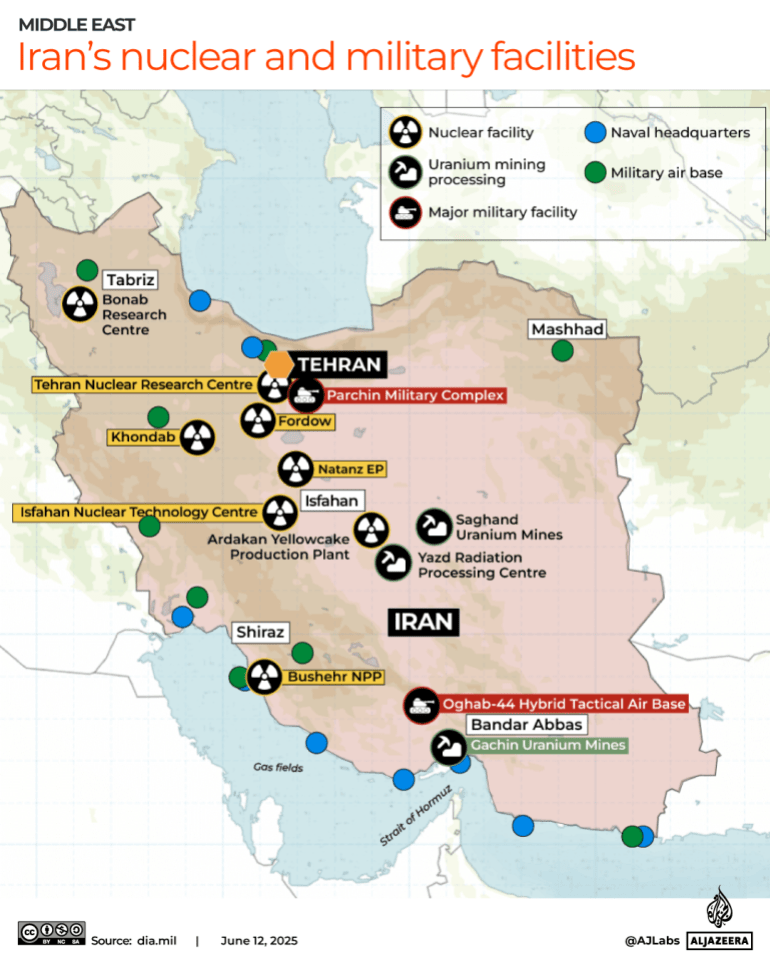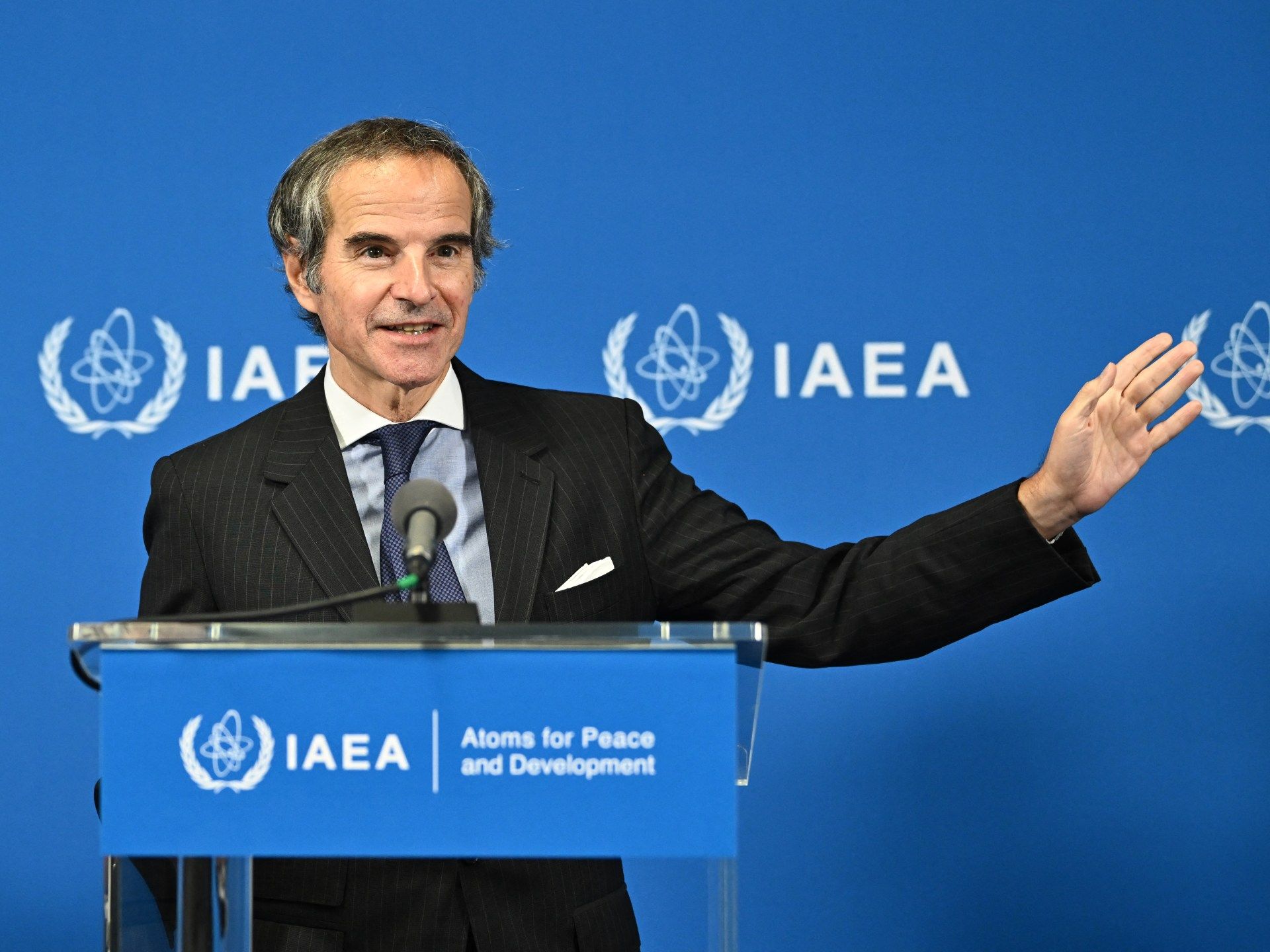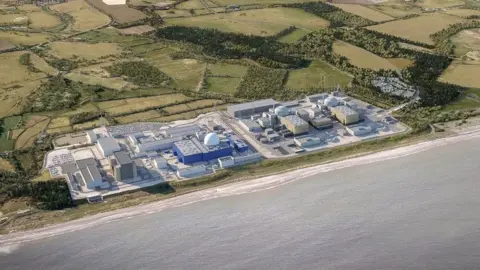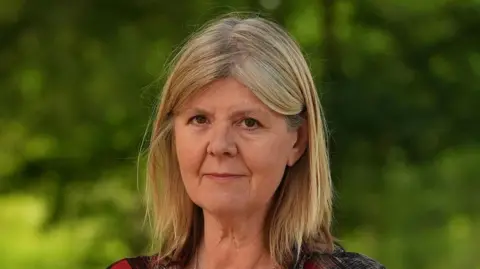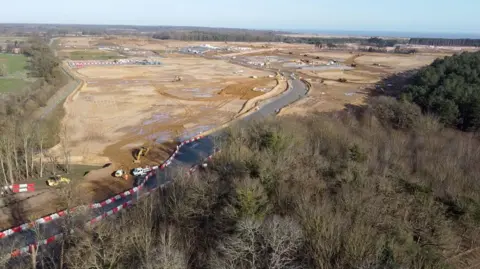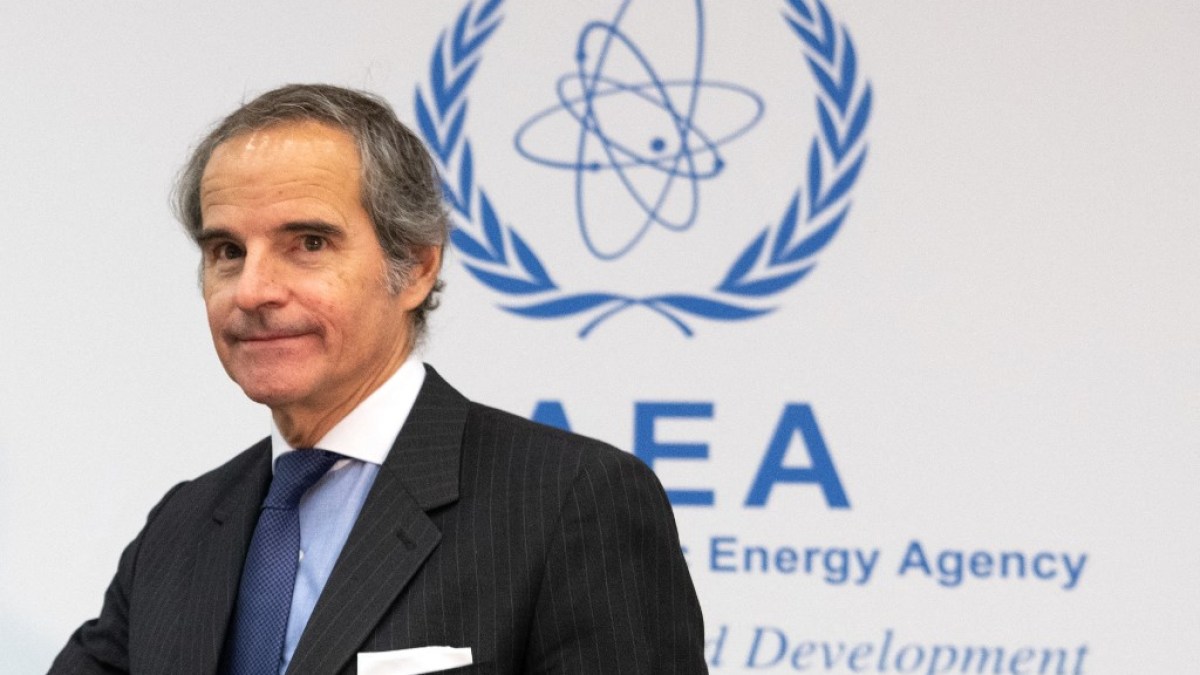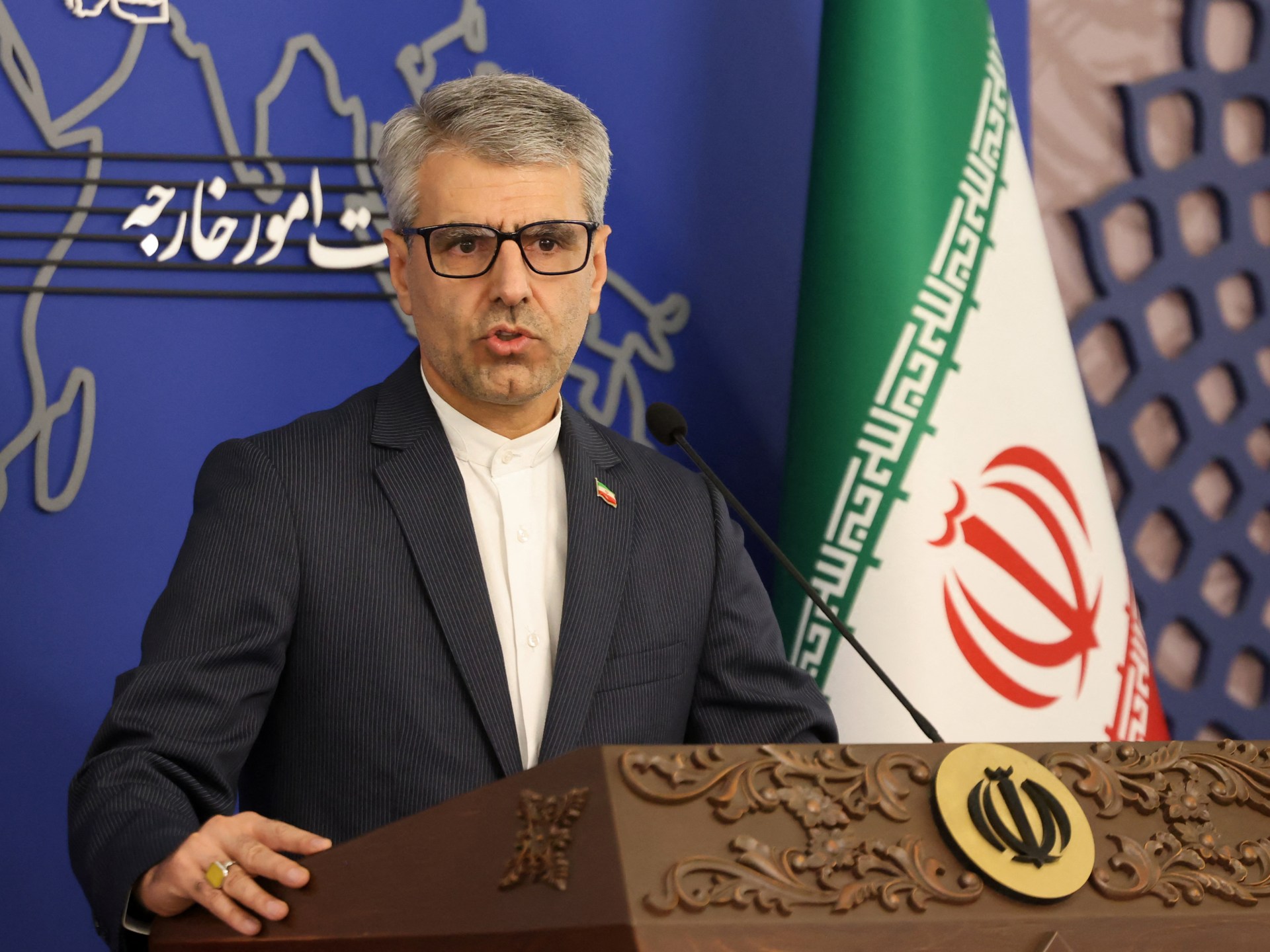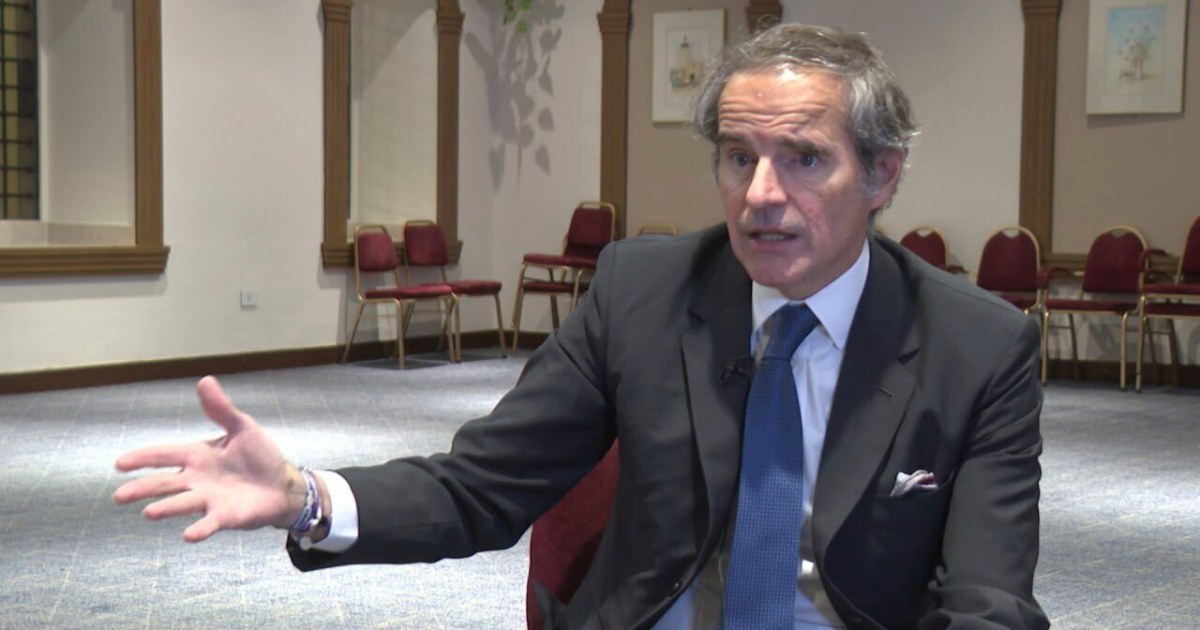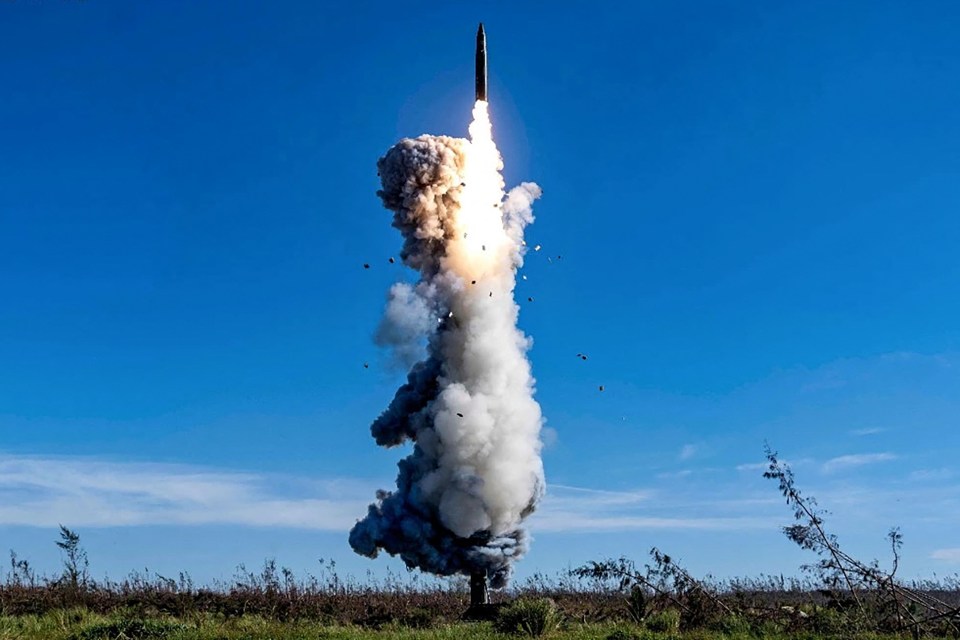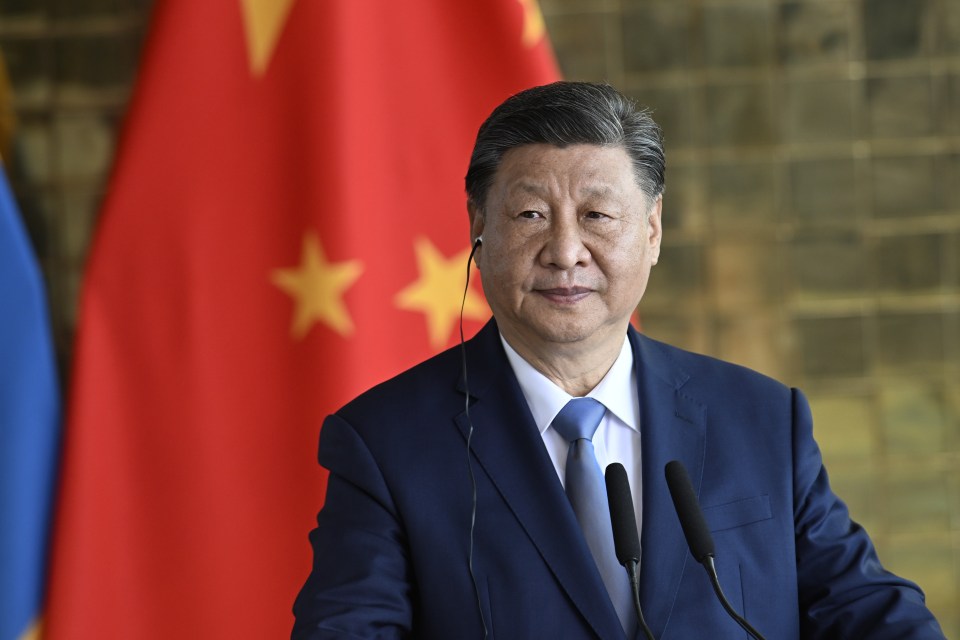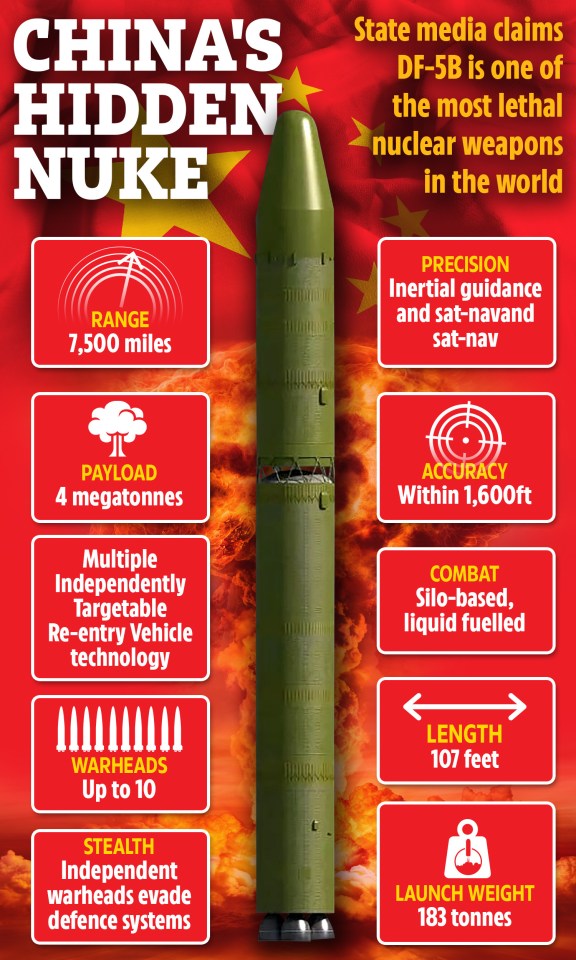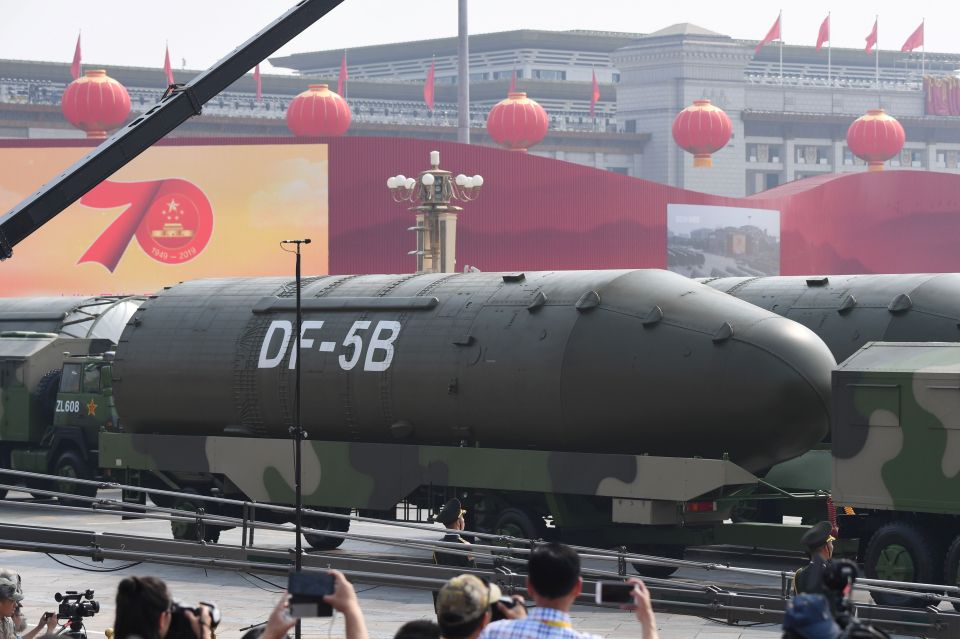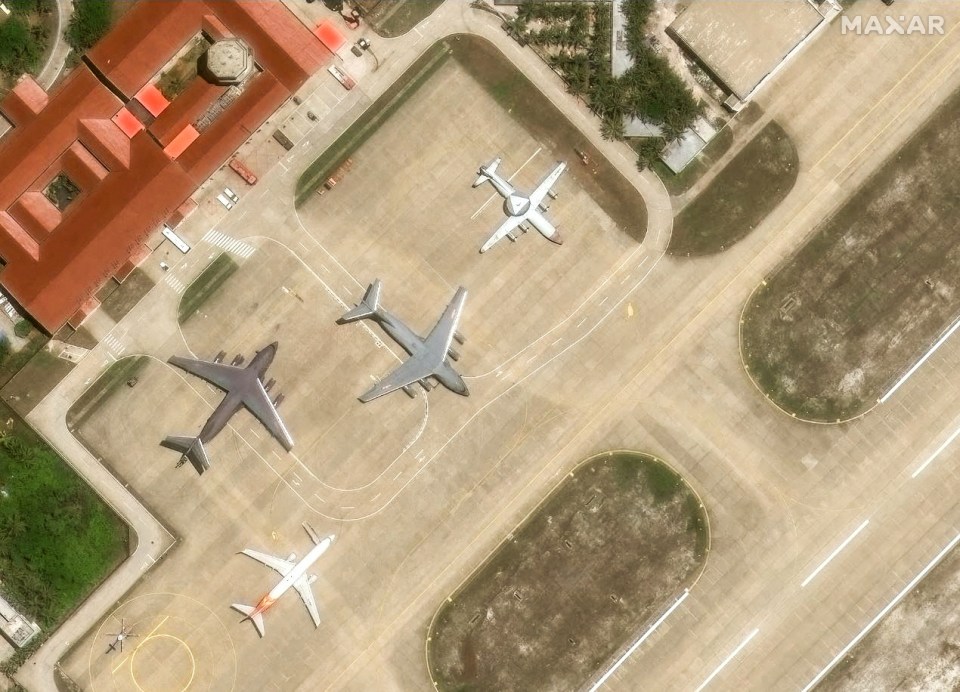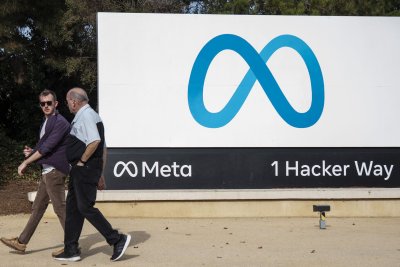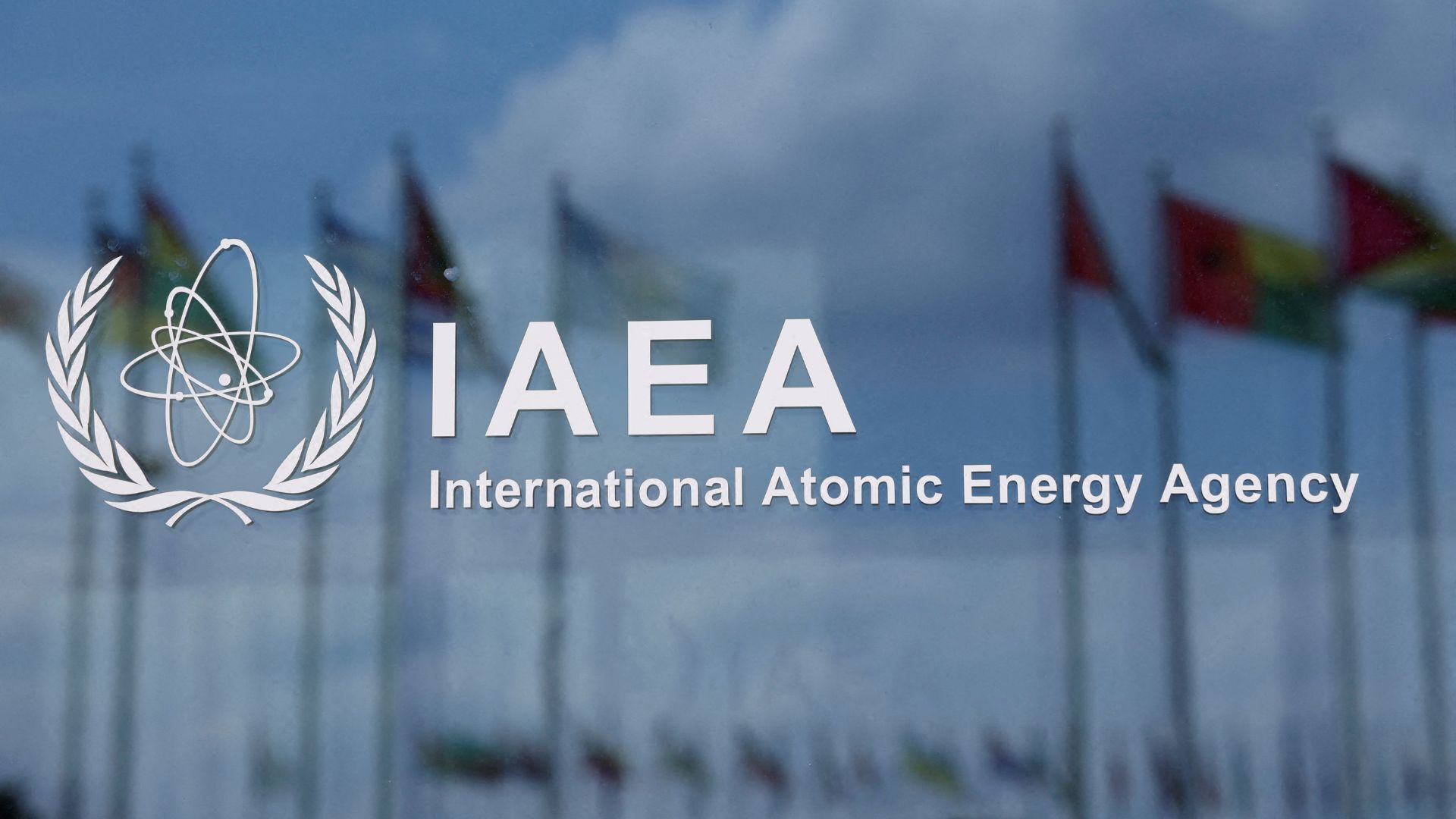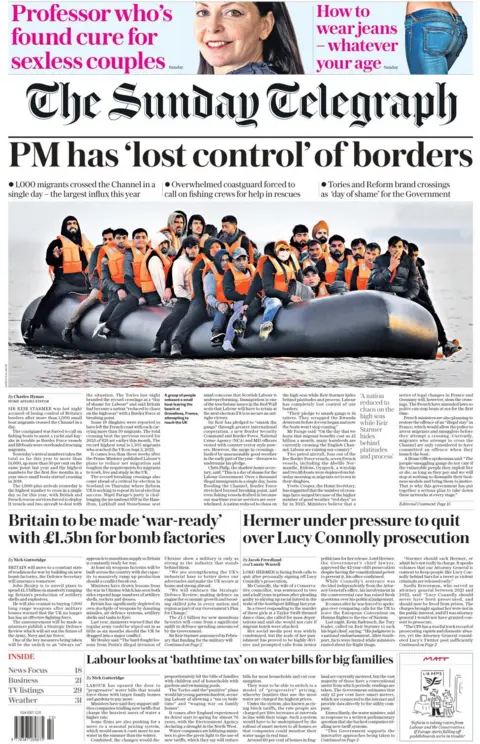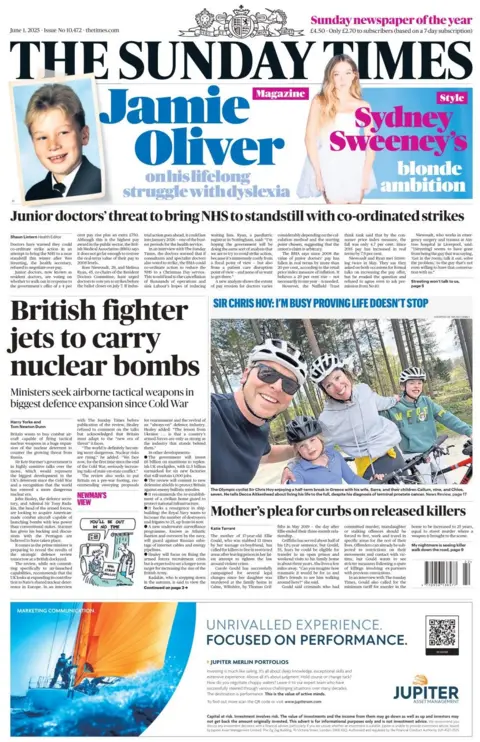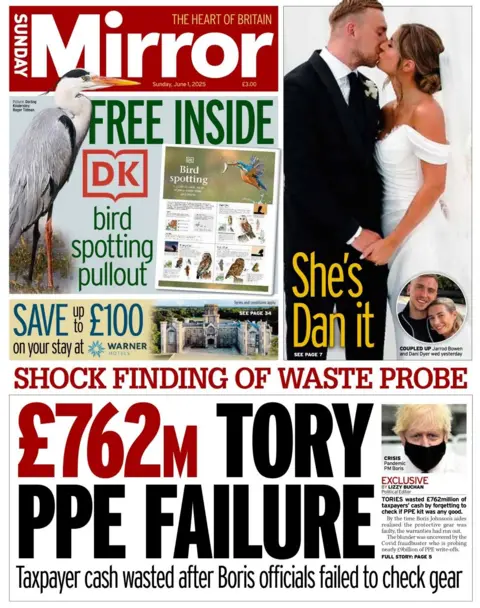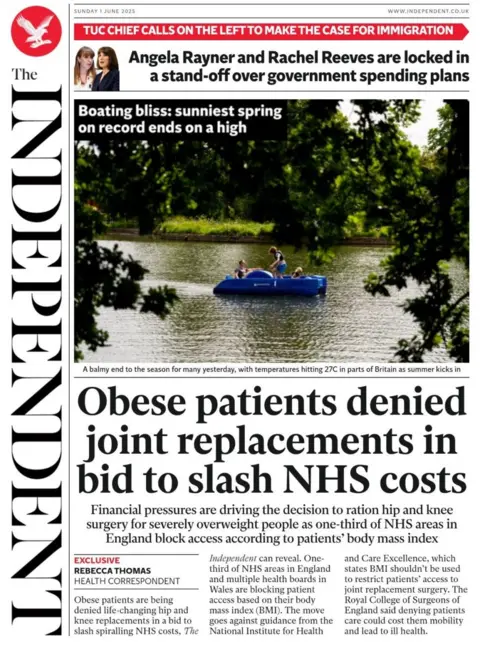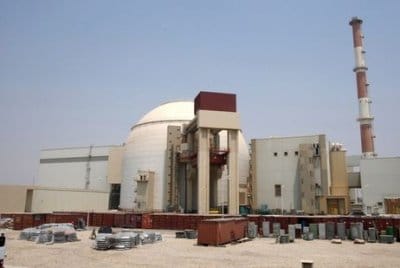UN officials urge Israel, Iran to show ‘restraint’ at emergency meeting | Nuclear Weapons News
Israel’s aerial assault on Iran has destroyed the above-ground enrichment plant at Natanz, where there is now “contamination”, according to Rafael Grossi, chief of the United Nations nuclear watchdog.
Grossi delivered the update during an emergency UN Security Council meeting in New York on Friday, where he and other senior UN officials urged both Israel and Iran to show restraint to prevent a deeper regional conflict.
“I have repeatedly stated that nuclear facilities should never be attacked regardless of the context or circumstances, as it could harm both people and the environment,” said Grossi, who heads the International Atomic Energy Agency (IAEA).
He reported radiological and chemical contamination inside the Natanz facility, where Iran was producing uranium enriched up to 60 percent. However, he added that the contamination is “manageable with appropriate measures”, and said the IAEA is ready to send nuclear security experts to help secure the sites if requested.
“I call on all parties to exercise maximum restraint to avoid further escalation,” he added.
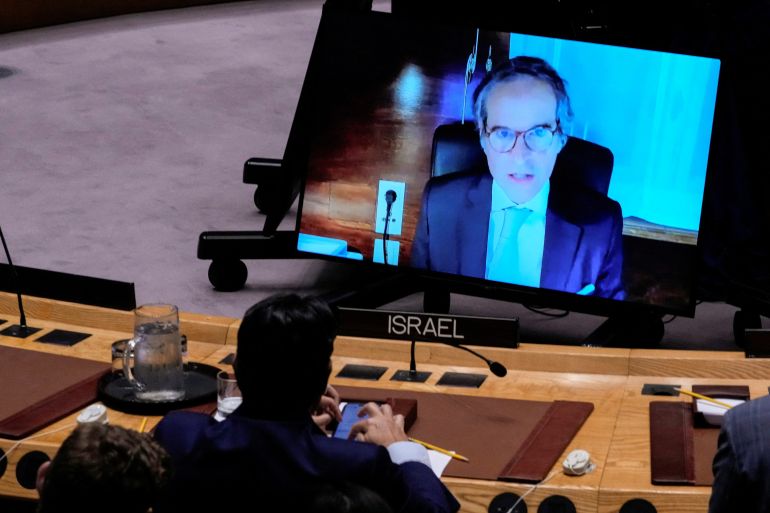
UN Undersecretary-General for Political Affairs Rosemary DiCarlo also urged both sides to show “maximum restraint at this critical moment”.
“A peaceful resolution through negotiations remains the best means to ensure the peaceful nature of Iran’s nuclear programme,” she told the council. “We must at all costs avoid a growing conflagration which would have enormous global consequences.”
Israeli ‘declaration of war’
The 15-member Security Council, also joined by representatives of Israel and Iran, met at Iran’s request after Israel struck several Iranian nuclear facilities and military sites in the early hours of Friday, and carried out assassinations of senior military officials and nuclear scientists.
Iran’s UN Envoy Amir Saeid Iravani told the emergency meeting that the attacks, which he described as a “declaration of war” and “a direct assault on international order”, had killed 78 people and injured more than 320.
He accused the US of providing Israel with both intelligence and political support for the attacks, the consequences of which he said it “shares full responsibility” for.
“Supporting Israel today is supporting war crimes,” he said.
The US representative, McCoy Pitt, insisted the US was not involved militarily in the strikes, but defended them as necessary for the self-defence of Israel.
He warned that the “consequences for Iran would be dire” if it targeted US bases or citizens in retaliation. “Iran’s leadership would be wise to negotiate at this time,” he said.
‘How long did the world expect us to wait?’
Israel’s UN envoy Danny Danon cast its attack on Iran’s nuclear sites as “an act of national preservation”, claiming Iran was days away from producing enough fissile material for multiple bombs.
“This operation was carried out because the alternative was unthinkable,” said Danon. “How long did the world expect us to wait? Until they assemble the bomb? Until they mount it on a Shahab missile? Until it is en route to Tel Aviv or Jerusalem?”
“We will not hesitate, we will not relent, and we will not allow a genocidal regime to endanger our people,” said Danon
An Iranian counterattack on Israel took place while the UN meeting was in progress, with Iran firing waves of ballistic missiles at Israeli targets.
“Iran affirms its inherent right to self-defence,” said Iran’s Iravani, promising to respond “decisively and proportionately” against Israel.
“This is not a threat, this is the natural, legal and necessary consequence of an unprovoked military act,” he said.
Vassily Nebenzia, Russia’s UN ambassador, told the council Israel’s actions in the Middle East are “pushing the region to a large-scale nuclear catastrophe”.
“This completely unprovoked attack, no matter what Israel says to the contrary, is a gross violation of the UN Charter and international law,” he said.


